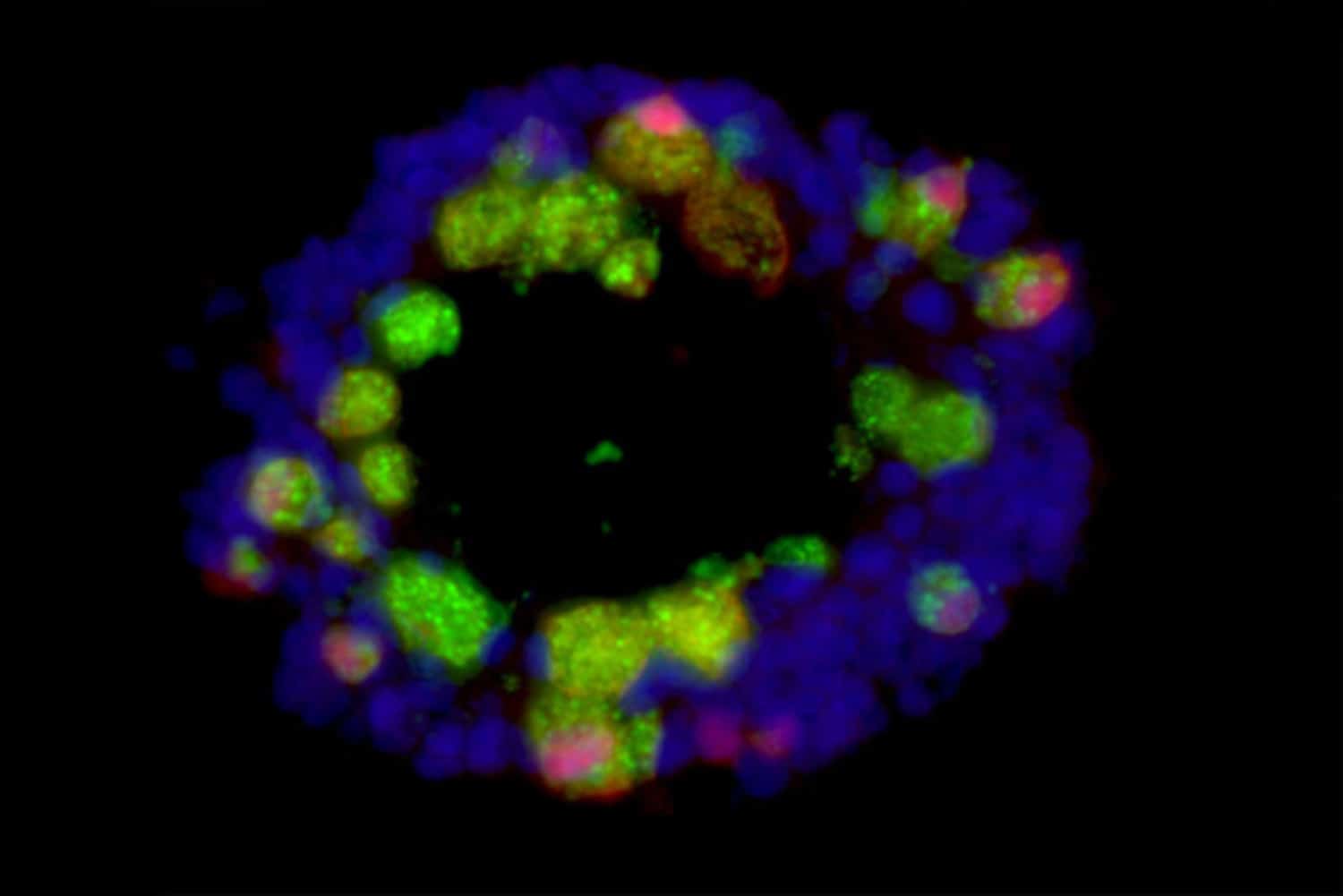
A new study conducted on mice and people has shown that eating a western diet, a diet rich in sugar and fat impairs the immune system in the gut. This could increase the risk of infection and inflammatory bowel disease.
The damage mainly occurs in Paneth cells, immune cells in the gut that help keep inflammation in check. Improper functionality of Paneth cells prompts the gut immune system excessively prone to inflammation. This puts people at risk of inflammatory bowel disease and undermining effective control of disease-causing microbes.
Lead author Ta-Chiang Liu, MD, Ph.D., associate professor of pathology and immunology at Washington University, said, “Inflammatory bowel disease has historically been a problem primarily in Western countries such as the U.S., but it’s becoming more common globally as more and more people adopt Western lifestyles. Our research showed that long-term consumption of a Western-style diet high in fat and sugar impairs the function of immune cells in the gut in ways that could promote inflammatory bowel disease or increase the risk of intestinal infections.”
This study, which was conducted by scientists from Washington University School of Medicine in St. Louis and Cleveland Clinic, determined the cause of Paneth cell dysfunction in people. They analyzed a database containing demographic and clinical data on 400 people, including assessing each person’s Paneth cells.
Under a microscope, it was found that a high body mass index (BMI) was associated with Paneth cells that looked abnormal and unhealthy. The higher a person’s BMI, the worse his or her Paneth cells looked.
Scientists understand this association by studying two strains of mice. The mice were genetically predisposed to Obesity. Such mice chronically overeat because they carry mutations that prevent them from feeling full even when fed a regular diet.
Scientists were surprised to know that beneath cells in obese mice appear normal.
Scientists fed a western diet to mice for two months. After two months on this show, the mice had become obese, and their Paneth cells looked decidedly abnormal.
Liu said, “Obesity wasn’t the problem per se. Eating too much of a healthy diet didn’t affect the Paneth cells. It was the high-fat, high-sugar diet that was the problem.”
When putting mice on a healthy diet for four weeks, it was found that the Paneth cells returned to normal.
Liu said, “Whether people who habitually eat a Western diet can improve their gut immunity by changing their diet remains to be seen.”
“This was a short-term experiment, just eight weeks. In people, Obesity doesn’t occur overnight or even in eight weeks. People have a suboptimal lifestyle for 20, 30 years before they become obese. It’s possible that if you have a Western diet for so long, you cross a point of no return, and your Paneth cells don’t recover even if you change your diet. We’d need to do more research before we can say whether this process is reversible in people.”
Further experiments showed that a molecule known as deoxycholic acid, a secondary bile acid formed as a byproduct of the metabolism of gut bacteria, forms the link between a Western diet and Paneth cell dysfunction. The bile acid increases the activity of two immune molecules — farnesoid X receptor and type 1 interferon — that inhibit Paneth cell function.
Scientists are now investigating whether fat or sugar plays the primary role in impairing Paneth cells. They also have begun studying ways to restore normal Paneth cell function and improve gut immunity by targeting the bile acid or the two immune molecules.
Journal Reference:
- Liu TC, Kern JT, Jain U, Sonnek NM, Xiong S, Simpson KF, VanDussen KL, Winkler ES, Haritunians T, Lu Q, Sasaki Y, Storer C, Diamond MS, Head RD, McGovern DPB, Stappenbeck TS. Western Diet Induces Paneth Cell Defects through FXR and Type I Interferon. Cell Host & Microbe. May 18, 2021. DOI: 10.1016/j.chom.2021.04.004
Continue reading Western diet could increase risk of infection and inflammatory bowel disease on Tech Explorist.
0 comments:
Post a Comment